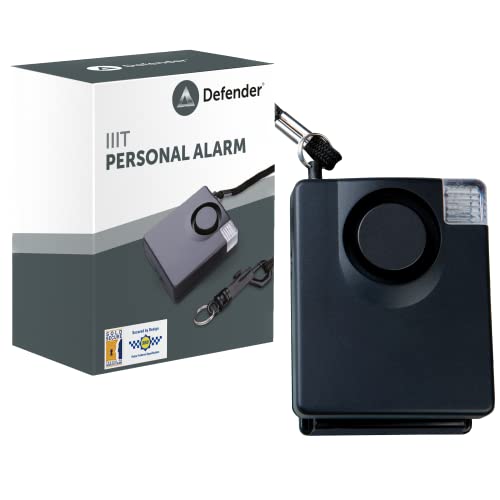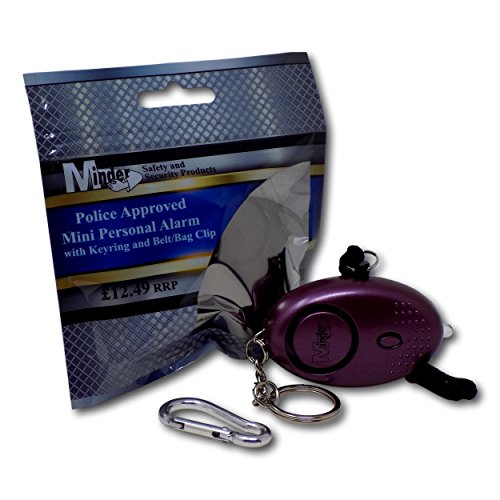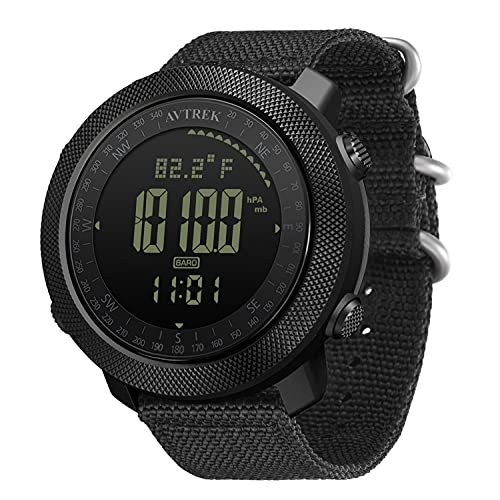Understanding Personal Alarms: What They Are and How They Work
What is a Personal Alarm?
Personal alarms are compact safety devices designed to emit a loud sound when activated. They serve as a deterrent against potential threats by drawing attention to the user and alerting those nearby of a possible danger. Typically, these devices can be easily carried around in a pocket, attached to a keychain, or worn as jewellery.
How Personal Alarms Function
When activated, personal alarms can produce sounds that range from 90 to over 130 decibels, which is comparable to a jet engine. This intense noise can startle any would-be attacker and signals distress to bystanders who can assist. Most personal alarms activate with a simple pull pin or a button press, making them user-friendly and accessible for people of all ages.
Choosing the Right Personal Alarm: Key Features to Consider
Sound Level Matters
One of the first features to consider is the alarm’s sound level. A higher decibel level means a louder alarm, which is essential for attracting attention in an emergency. We recommend looking for alarms that emit sounds of at least 120 decibels for maximum impact.
Portability and Design
Consider how you plan to carry your personal alarm. Compact design and lightweight materials will make it easier to carry daily. Some alarms resemble keychains or stylish accessories, blending seamlessly into your everyday items while serving their purpose.
Battery Life and Durability
A personal alarm should have a long-lasting battery to ensure it works when you need it most. Look for devices that use replaceable batteries, so you can keep it functioning without hassle. Additionally, check for water resistance or durability features which indicate that the device can withstand different weather conditions.
Extra Features for Enhanced Protection
Some personal alarms come equipped with additional features such as built-in LED lights for attracting attention in low light, emergency phone capabilities, or even GPS tracking to help locate you if in distress. Assess which extras might enhance your safety and convenience.
How to Use a Personal Alarm Effectively: Practical Tips for Everyday Safety
Know Your Alarm
Familiarise yourself with how your personal alarm works so you can act quickly in a moment of need. Practice activating your alarm in a safe environment, so you know exactly how to respond when it truly matters. This knowledge allows for a confident and swift reaction.
Keep It Accessible
Always keep your alarm in a place where you can reach it quickly, whether that’s in your pocket or attached to your bag or keys. A keychain alarm is effective, as it ensures you’re not fumbling around in stressful situations.
Use the Alarm Wisely
In a threatening situation, activating your alarm can attract help, but it’s essential to remain aware of your surroundings. Use the alarm as part of a broader safety strategy, which includes being alert and assessing your environment before deciding on your next move.
Exploring Different Types of Personal Alarms: Which One Fits Your Lifestyle?
Traditional Sound Alarms
The most straightforward option is the traditional sound alarm, which focuses solely on emitting a loud noise. These alarms are ideal if you want a reliable safety tool without additional features, making them typically easier to use.
Keychain Alarms
Keychain alarms offer portability and can easily be attached to your keys or bag. They provide instant access and are designed for everyday carry, making them a popular choice for those on the go.
Wearable Alarms
If you prefer a fashion-forward approach, wearable alarms come in the form of bracelets, necklaces, or other accessories. These are excellent for those who want to maintain their style while ensuring their personal safety.
Smart Personal Alarms
For tech-savvy individuals, smart personal alarms provide advanced features such as connectivity to your smartphone, location tracking, and emergency alerts to contacts. These devices integrate seamlessly into your digital life, offering enhanced protection and peace of mind.
Real-Life Scenarios: How Personal Alarms Can Make a Difference
Getting Help in Crowded Areas
Imagine you are walking through a busy market, and you feel someone following you. You can activate your personal alarm, creating an immediate loud noise that catches the attention of nearby shoppers. This sound can deter the individual and encourage others to check on you.
Feeling Unsafe While Out Late
Say you are walking home late at night and feel uneasy due to the surroundings. Having a personal alarm within easy reach allows you to activate it if you see someone suspicious. This not only alerts those nearby but can also give you a sense of control over the situation.
Helping Others in Distress
If you witness someone in danger or feeling threatened, a personal alarm can serve as a powerful tool to assist. By activating your own alarm, you can draw attention to their situation and encourage others to take action, reinforcing community safety.


































